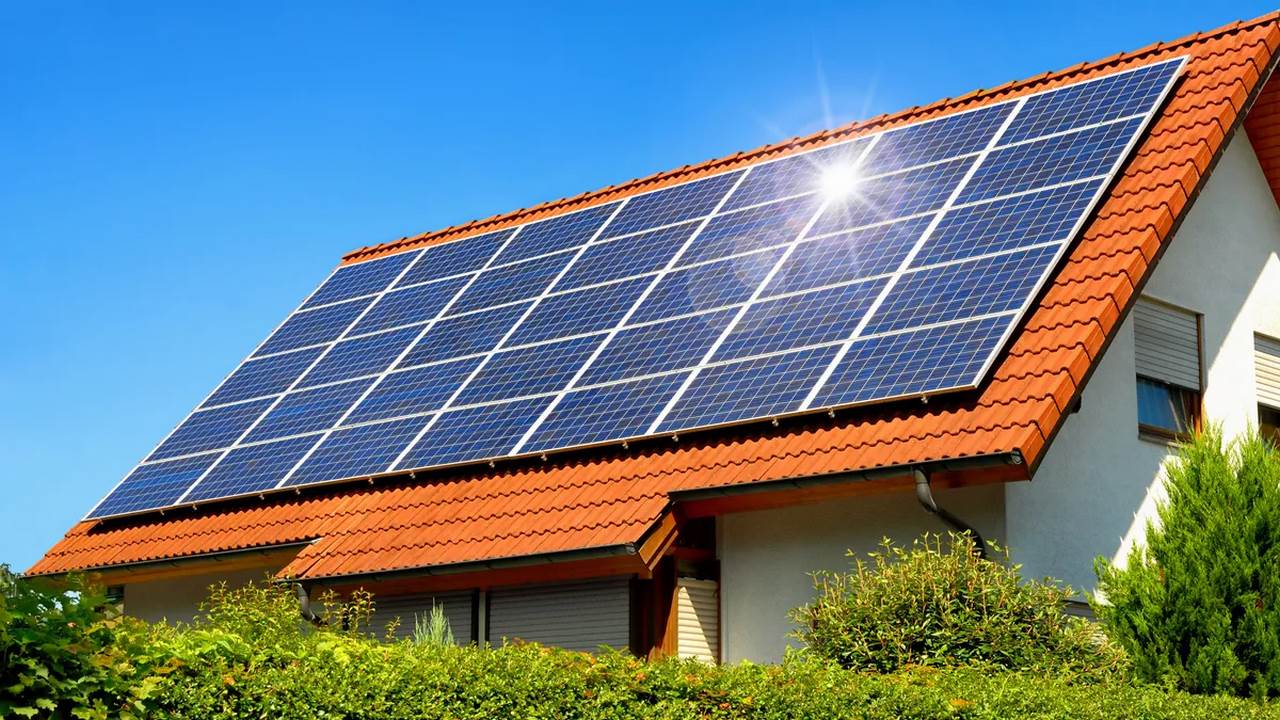Solar technology has been a hot topic in recent years as the world shifts towards renewable and sustainable sources of energy.
Solar panels, photovoltaic cells, and other related technologies are being embraced by individuals and businesses alike.

For those who are just getting started in learning about solar energy, this beginner’s guide to solar panel technology and how it works is for you.
This guide is designed to provide a comprehensive overview of the basics of solar panel technology, from its components to how it generates electricity.
We’ll cover the basics of what solar panels are, how they work, and the different types of solar panels available today.
We’ll also discuss the advantages and disadvantages of solar energy and the considerations you should take when weighing the costs and benefits of solar energy. Finally, we’ll discuss the best practices for using solar energy safely and effectively.
By the time you’ve finished this guide, you’ll have a better understanding
Solar panel technology is becoming increasingly popular as a source of clean and renewable energy.
It works by converting the energy from the sun into electricity that can be used to power homes, businesses, and even vehicles.
The process starts with photovoltaic (PV) cells, which are made of semiconductor materials such as silicon. When sunlight falls on these cells, it creates an electric field, causing electrons to flow and generate an electric current.
This current is then sent to an inverter, which converts it into usable AC electricity. The AC electricity is then sent to a battery for storage or directly to the electrical grid to power homes and businesses.
The solar panels themselves are usually mounted on a rooftop or in a solar farm and are connected in a series to increase the voltage and generate more electricity.
Solar panels Ireland are becoming a popular choice for energy generation as more individuals and businesses look for sustainable and cost-effective solutions.
Solar panel technology is an effective and efficient way to harness the power of the sun and is a key component in the transition to a more sustainable energy future.
Read Also:
Solar panel technology is a rapidly growing and economically viable renewable energy source. It is based on the process of using photovoltaic cells to capture and convert sunlight into usable electricity.
Solar panels are composed of several cells, each of which is composed of two semiconducting layers, typically of silicon.
When the two layers are exposed to sunlight, electrons are knocked loose from the outermost layer and move to the innermost layer.
This creates an electric field, which is then used to generate electricity. Solar panels are a reliable and cost-effective way to reduce electricity bills and help combat climate change.
Solar panels come in a range of types, each with its own unique advantages. The two main categories are monocrystalline and polycrystalline panels.
Monocrystalline panels use a single crystalline silicon cell, making them the most efficient type of solar panel.
They also tend to last longer than polycrystalline panels and are usually more aesthetically pleasing.
Polycrystalline panels are made from multiple silicon cells, making them slightly less efficient than monocrystalline panels. However, they are usually cheaper and take up less space, making them a great option for those who don’t have much space to work with.
The installation process for solar panels is relatively straightforward. A professional installer will be able to assess your home or business’s energy needs, determine the amount of space you have available for the solar panels, and install the panels in the optimal configuration.
Once the installation is complete, the solar panels will require minimal maintenance, although it is important to periodically check on their performance to ensure that they are functioning properly. Regular cleaning and maintenance of the panels can also help to extend their useful life.
Solar panels are an increasingly popular renewable energy technology and for good reason. They offer a wide range of advantages that make them a great choice for residential and commercial properties. Here are some of the main advantages of solar panels:
Although solar panels are a great way for consumers to save money and be more sustainable, there are a few drawbacks that should be taken into consideration.
First, solar panels require a large initial investment and can be expensive to install. Additionally, they usually only produce energy when there is direct sunlight, so they may not be able to provide power during cloudy days or at night.
Finally, solar panels require regular maintenance and cleaning to ensure their efficiency.
Overall, solar panels have the potential to be a great addition to any home, but it is important to weigh the pros and cons before making an investment.